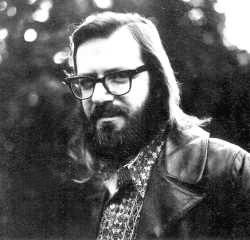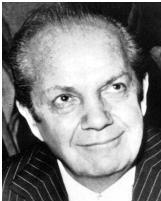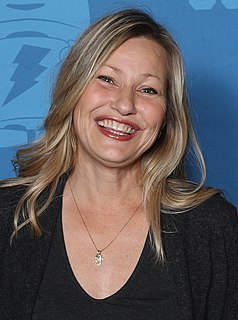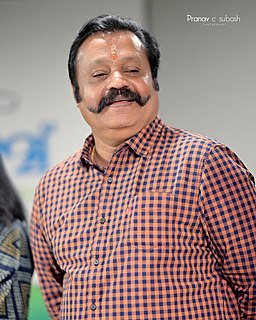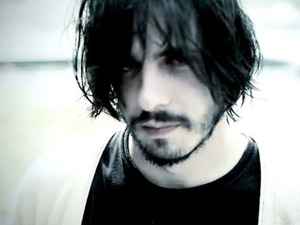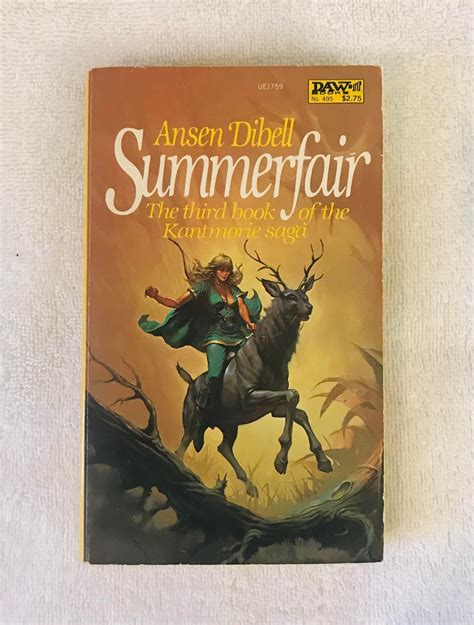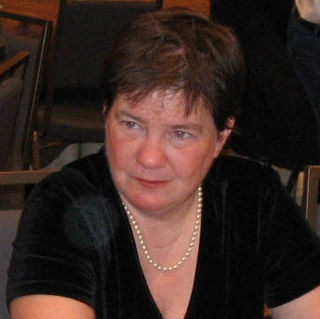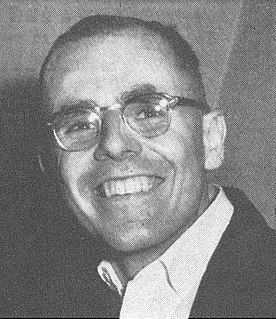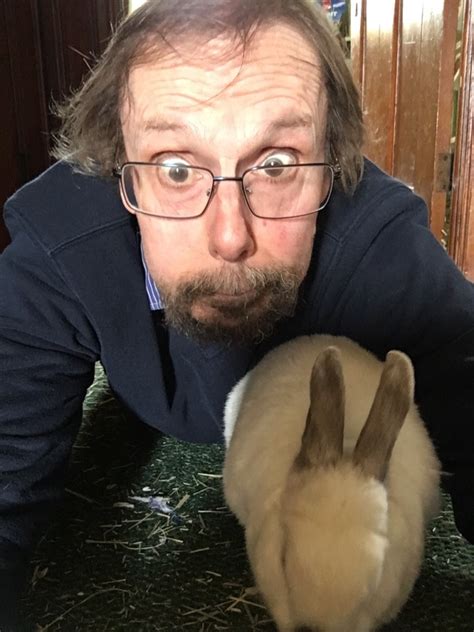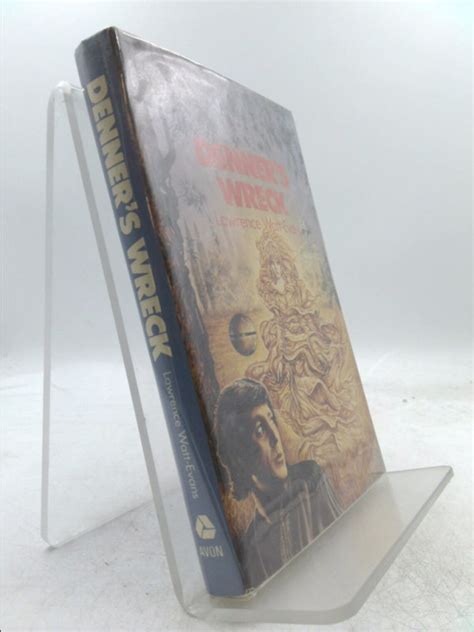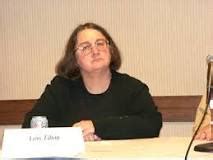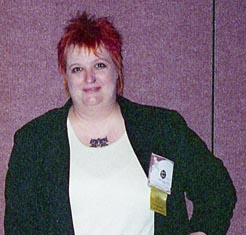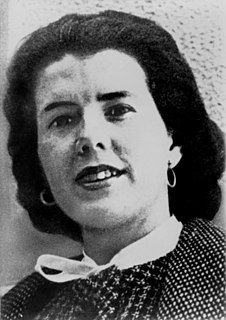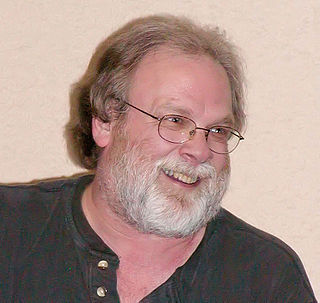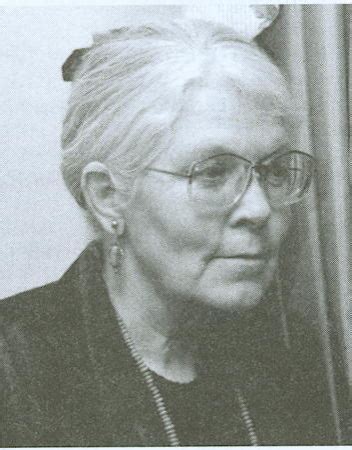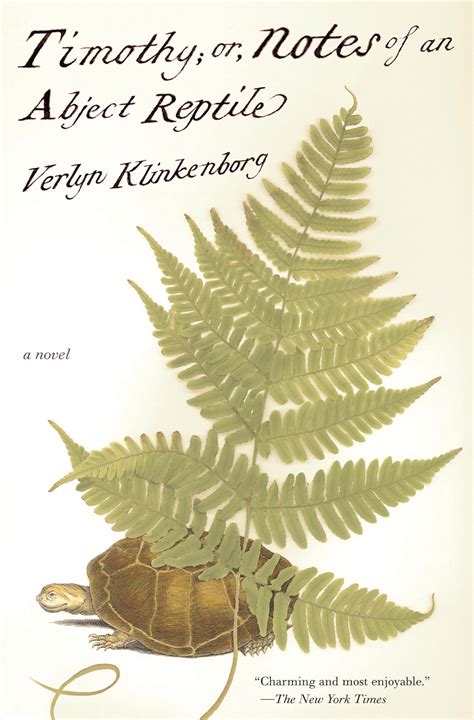A Quote by Terry Carr
A person who speaks cleverly is witty; one who asks questions is smart.
Related Quotes
I don't think I'm a witty person. To me, a witty person is a funny person who is also a smart person. My friend David Rakoff, who died a few years ago, he was a witty person. Fran Lebowitz is a witty person. I don't think there are that many witty people around, so you tend to notice them when they do come around. I don't consider myself to be that.
It's always interesting to me when one platform of media crosses into another. We've been on the Terry Gross show Fresh Air a couple of times, and I suddenly felt like we could actually represent ourselves as exactly who we are, in this sort of ultra-vivid way. But the weird thing to me is that the questions she asks are in some ways no different than the questions the guy from the high-school paper asks. She might even ask us where we got our name. But something about it, it's like the pH balance of the trajectory of the questions. Maybe it's just her voice.
Poets are political, they have to be reflections of their times [because] they're living in their times... Poetry is political in that it's standing in opposition to fascism. Good poetry asks a bunch of questions and asks the audience to interact with themselves or see themselves in it; maybe you like it or you don't like it. But the fascist sort of stuff plays on your fears and tells you to jump on the party line and gives some simple excuses - blame this person.
